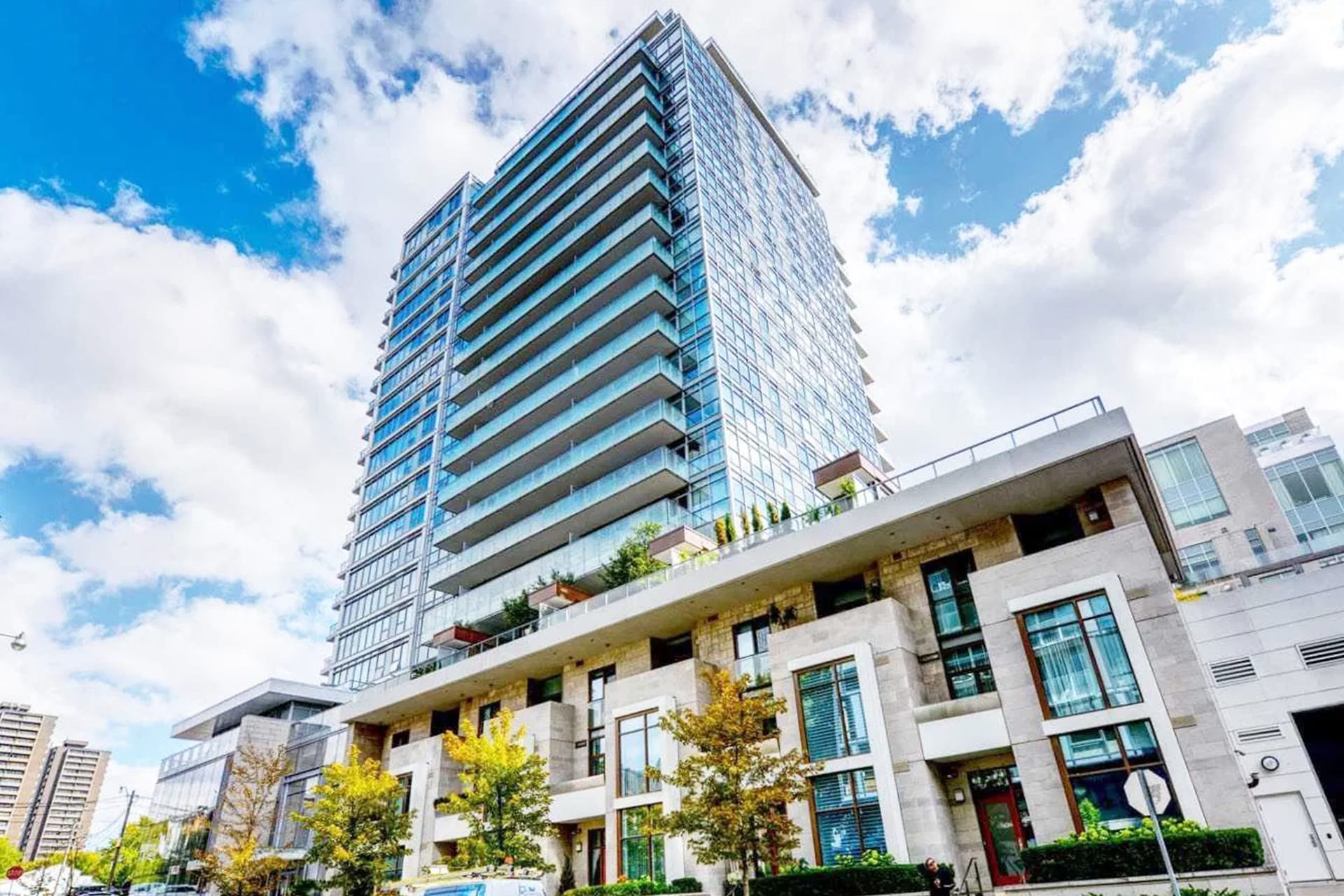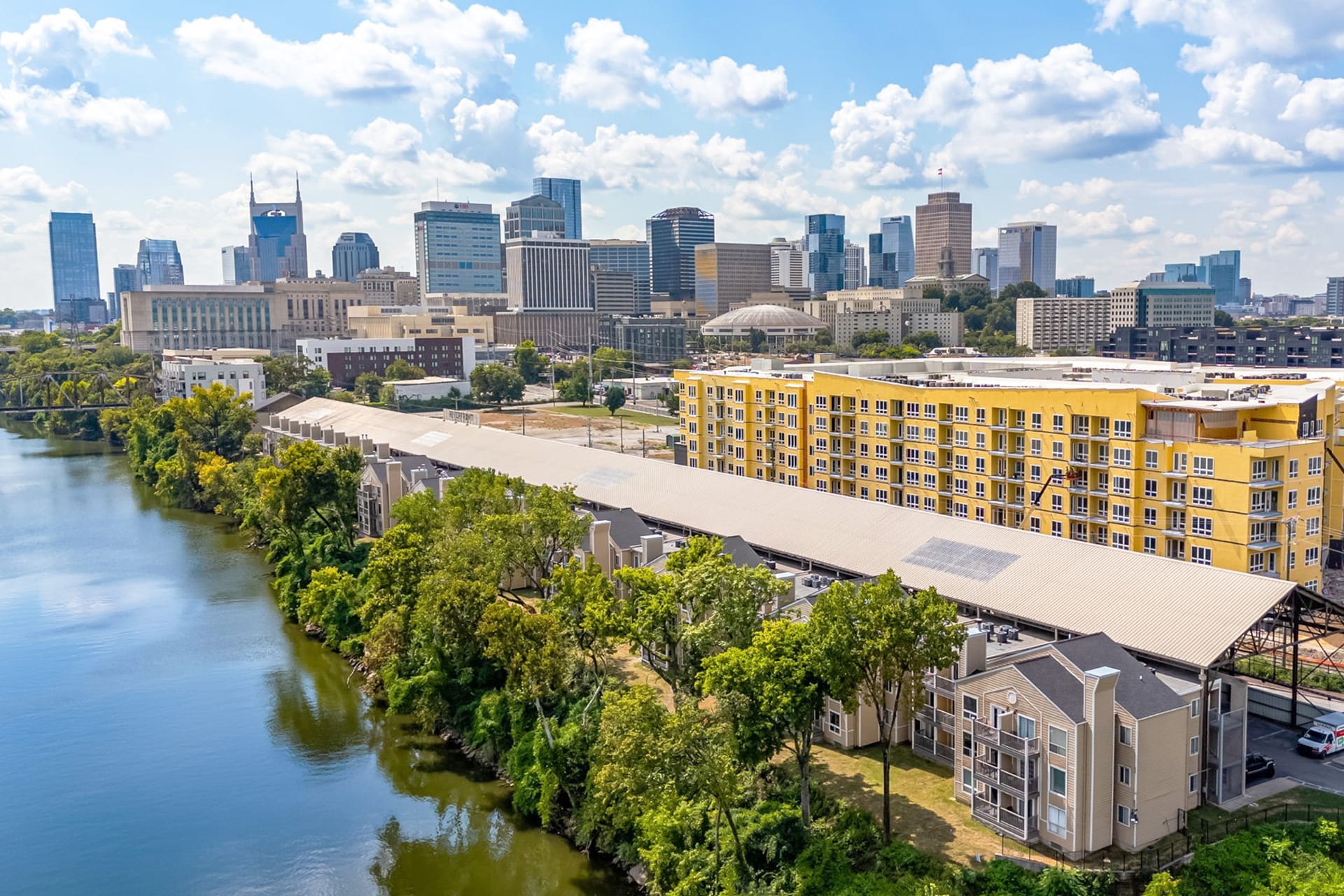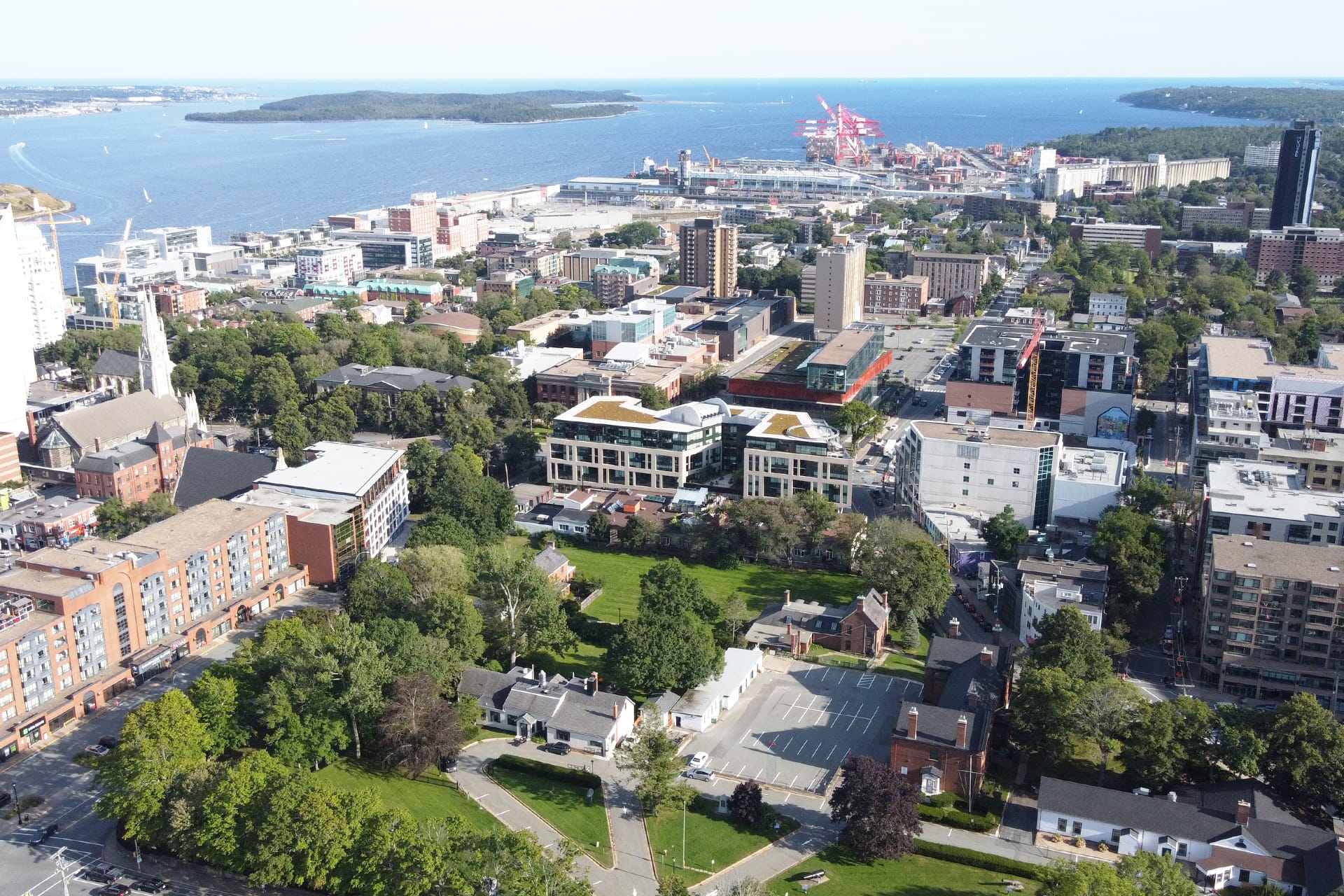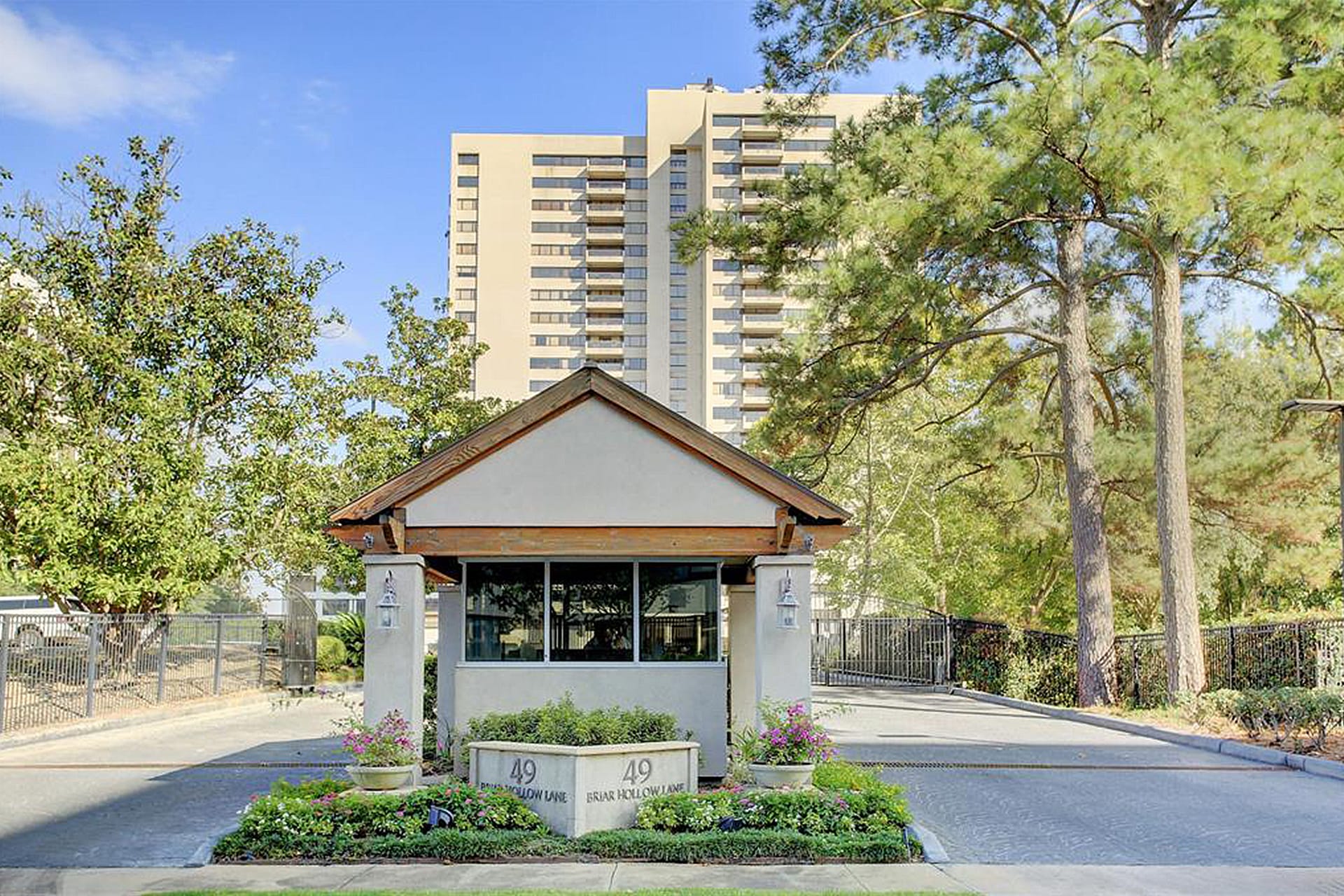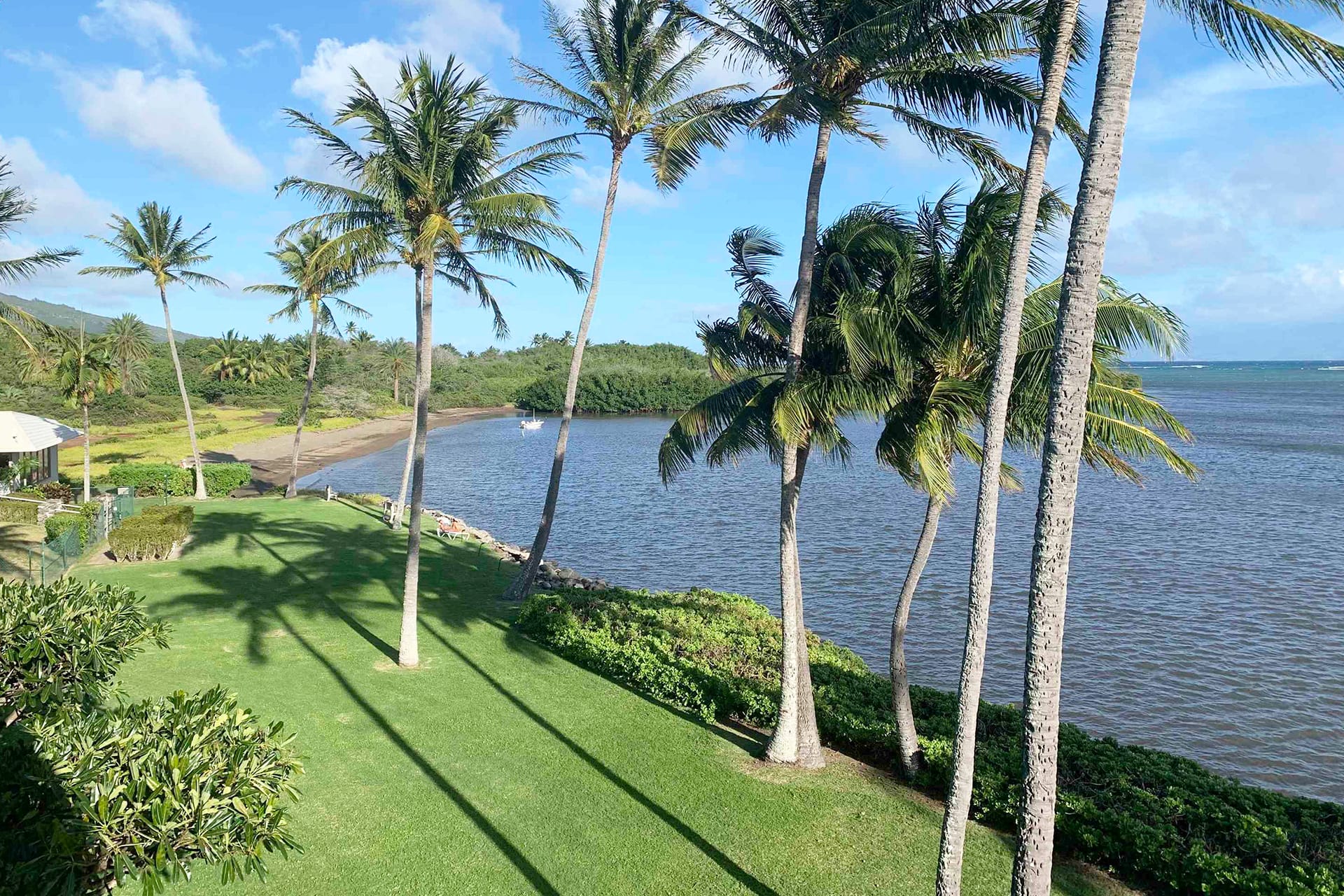Alberta has tabled legislation that aims to improve governance in condominium communities.
Bill 30, the Service Alberta Statutes Amendment Act, 2024, would impact three different Acts:
- Condominium Property Act
- Prompt Payment and Construction Lien Act (PPCLA)
- Public Works Act (PWA)
Developers and contractors would also benefit from this Act. Amendments would allow them to get paid in full sooner, and harmonize prompt payment rules and processes for public and private sector construction projects.
Table of contents
Amendments to the Condominium Property Act and PPCLA will come into force upon proclamation (meaning a date is still to be determined), while changes to the PWA come into effect in the spring of 2025.
Key takeaways
If passed, Bill 30 will aim to bring positive changes to condominiums by:
- Creating the framework for an accessible and affordable Condominium Dispute Resolution Tribunal
- Allowing chargebacks to be treated in the same manner as contributions (dues)
- Providing clarity to augment condominium governance and enhance consumer protections
Furthermore, Bill 30 would assist the construction sector by:
- Establishing prompt payment rules and processes for Government of Alberta construction projects
- Facilitating better cash flow through the construction chain in private and public projects
- Clarify the adjudication process to ensure an efficient option for dispute resolution
- Removing ambiguities around when a construction contract is complete
The remainder of this article will focus on a few specific amendments that will likely be applied to the Condominium Property Act.
Amendments to Alberta’s Condominium Property Act
Condominium Dispute Resolution Tribunal
Conflict is inevitable in a condominium community. Unfortunately, some disputes cannot be easily resolved independently and require third-party intervention. Taking an issue to court is not only costly, it’s time, consuming too.
The good news is a Dispute Resolution Tribunal may soon be available for condo residents. Officials have said the scope of what issues the tribunal would resolve would come later, but offered the example of accessing documents.
Ontario’s Condominium Authority Tribunal (CAT) handles issues such as pets, vehicles, parking and storage, and indemnification or compensation charges.
According to the Edmonton Journal, the province intends to pay $8 million over three years for the tribunal’s startup. After that, costs will be covered by condominium owners.

In addition to being more affordable than court, the alternative method could also be less contentious. Sometimes, court rulings feel lopsided, but a tribunal may land on a decision that both parties can live with.
Below is some limited information about how the tribunal would operate.
Establishment of Tribunal
(1) The Condominium Dispute Resolution Tribunal is established consisting of a chair and other members appointed by the Minister in accordance with the regulations.
(2) A member, including the chair of the Tribunal, must be appointed for a prescribed term.
(3) The members, including the chair of the Tribunal, shall be paid remuneration and expenses as prescribed by the regulations.
Jurisdiction of Tribunal
(1) The Tribunal shall hear and resolve disputes under this Act and in accordance with the regulations.
(2) The Tribunal is not bound by the rules of evidence applicable in judicial proceedings.
Application to Tribunal
(1) Any party to a dispute may file an application with the Tribunal in accordance with the regulations.
(2) No action in Court shall commence with respect to a dispute once a hearing before the Tribunal has concluded, and the proceedings of the Tribunal shall continue.
(3) If a party to a dispute commences an action in Court in respect of the dispute, no application can be filed with the Tribunal in respect of the same dispute, and the action in Court shall proceed.
Proceedings
(1) The Tribunal shall conduct all proceedings and decide all applications:
- in accordance with this Act,
- subject to any limitations and restrictions set out in the regulations, including:
- alternative dispute resolution processes that the Tribunal may require the parties to a dispute to undertake,
- the determination and treatment of related disputes, including multi-party applications for the same matter, and
- the application fees to be paid to the Tribunal by the parties to a dispute, and
- in accordance with the rules of practice and procedure established under the regulations.
(2) The Tribunal may publish the Tribunal’s decisions and other documents of the Tribunal in accordance with the regulations.
Binding nature of Tribunal’s decision
(1) A decision of the Tribunal is binding on the parties to the dispute.
(2) A decision of the Tribunal may be filed in the Court and, on being filed, is enforceable in the same manner as an order of the Court.
Appeal
Any party to a dispute may, no later than 30 days after receiving the Tribunal’s decision, appeal to the Court in accordance with the regulations.
Fees payable by corporations
Corporations may be required to pay fees to support the operating costs of the Tribunal in accordance with the regulations.
Chargebacks
The Act would make it so that chargebacks are treated in a similar manner as contributions (or condo dues).
Condo owners should be happy about this because it means owners would not have to collectively pay for a repair caused by one negligent individual. However, chargebacks are only permitted if they are set out in the condo’s bylaws.
Owners are still protected from overzealous boards, and can rightfully appeal a chargeback if they feel it has been issued improperly.
Below is information about the revised chargebacks.
(1) Subject to subsections (2) and (3) and the regulations, and if provided for in the bylaws, a chargeback may be levied on an owner to recover the corporation’s costs when an act or omission by the owner or an occupant, or a person or persons for whom the owner or occupant is responsible, requires the corporation to repair, replace, maintain or protect any unit, real and personal property of the corporation or common property affected by that act or omission, as the case may be.
(2) The amount of a chargeback levied under subsection (1) may include the actual costs and any reasonable related service costs incurred by the corporation to repair, replace, maintain or protect any affected unit, real and personal property of the corporation or common property.
(3) The amount levied under subsection (1) shall be the lesser of (a) the amount of the actual costs and reasonable related service costs referred to in subsection (2), and (b) the deductible limit of the insurance policy held by the corporation, regardless of whether or not an insurance claim is made in respect of the act or omission referred to in subsection (1).
An owner may dispute a chargeback levied under this section in accordance with the regulations.
Recovery of expenses
Where a corporation takes any steps to collect any amount owing under section 39, the corporation may, if a caveat is registered against the title to the unit, recover from the owner all reasonable and prescribed expenses incurred by the corporation with respect to the preparation, registration, enforcement and discharge of the caveat.
Conversions and technical analysis
Before a developer turns a converted condo building over to owners, they must complete some sort of report to document the conditions of the building before anyone lives in it. The date of the original construction of the building, a description of all previous uses of the building, and the dates on which any physical modification, if any (other than for normal wear and tear), was commenced and completed, in addition to other information, must be included.
Currently, developers must have a converted property study completed by a professional engineer or registered architect for the real and personal property of the corporation, the common property and managed property.
If Bill 30 is passed, “a technical analysis of the units, the real and personal property of the corporation or the common property must be prepared in accordance with the regulations” if a converted property study is not required.
There are no details in the proposed bill about what must be included in the technical analysis, but one could guess that requirements will be similar to those listed in the convert property study report.
These types of reports help buyers determine whether they will be investing in a unit that will generate a good ROI.
Conclusion
While amendments in Bill 30 require more detail, they appear to look promising. Information will be added as updates are released.




